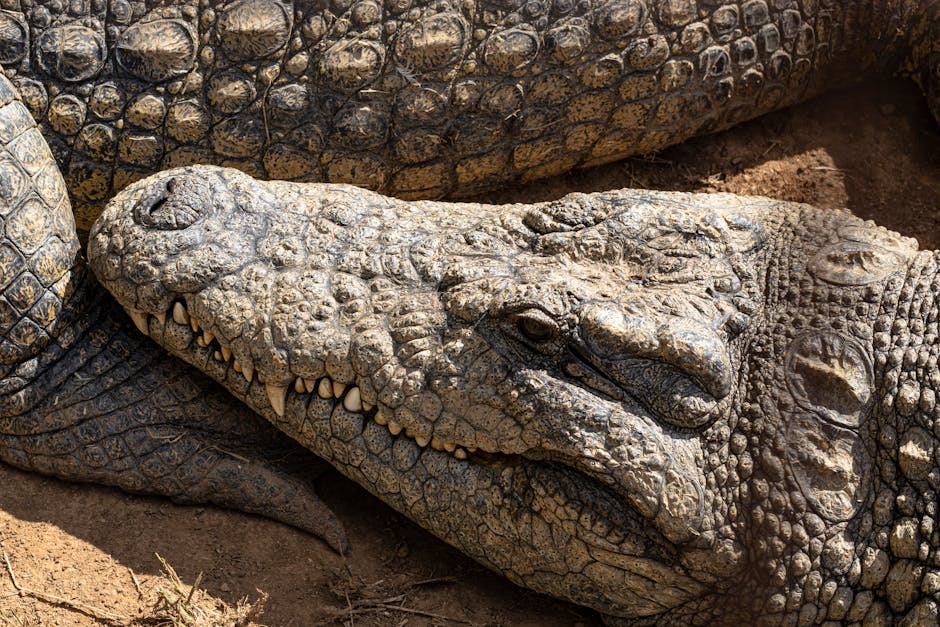Unforgettable Safaris in Africa
A safari in Africa offers an unmatched experience for those seeking to connect with nature and witness wildlife in its natural habitat. Across the vast African continent, there are numerous opportunities to observe iconic animals like lions, elephants, and giraffes while immersing oneself in breathtaking landscapes. From the sweeping savannas of Kenya's Maasai Mara to the lush wetlands of Botswana's Okavango Delta, safaris provide an unforgettable adventure for travelers of all ages.

Each region of Africa presents a unique type of safari experience. From trekking through the lush jungles of Uganda in search of gorillas to traversing the vast, dry expanses of Namibia, travelers are guaranteed to witness remarkable animals and breathtaking landscapes. Safaris provide a profound understanding of indigenous cultures and natural environments, transforming the experience into more than just a stunning visual spectacle; it becomes an enlightening exploration of some of the earth’s richest biological diversity.
Top Safari Destinations in Africa
Africa is home to some of the best safari destinations in the world. Each region has its own distinct ecosystem and wildlife population. Below are some of the top destinations for an unforgettable safari:
- Kenya – Maasai Mara National Reserve: Famous for the Great Migration, where millions of wildebeest and zebras cross the plains every year.
- Tanzania – Serengeti National Park: Known for its endless plains and remarkable biodiversity, including large populations of lions and cheetahs.
- Botswana – Okavango Delta: A UNESCO World Heritage Site offering mokoro (canoe) safaris through winding waterways filled with hippos and crocodiles.
- South Africa – Kruger National Park: One of Africa’s largest game reserves, offering self-drive safaris and luxurious lodges.
- Uganda – Bwindi Impenetrable Forest: The best place for gorilla trekking, where you can come face-to-face with these majestic primates in their natural habitat.
Types of Safaris
The diversity of African landscapes means there are various types of safaris to suit different interests. Each type offers a unique way to experience wildlife up close:
- Game Drives: The most common form of safari, where visitors ride in 4x4 vehicles through national parks or private reserves to observe animals at close range.
- Walking Safaris:Walking safaris present an opportunity for travelers to connect more profoundly with nature, allowing them to explore on foot alongside experienced guides who share insightful information about local wildlife and the broader ecosystem.
- Boat Safaris: Available in areas like Botswana's Okavango Delta or Zambia's Zambezi River, boat safaris provide a water-based perspective on wildlife such as hippos, crocodiles, and aquatic birds.
- Hot Air Balloon Safaris:This choice allows explorers to witness the scenery from a high vantage point, gliding over groups of elephants or migrating wildebeests as the sun rises.
The Best Time to Go on Safari
The timing of your safari can significantly impact your experience. The best time to visit typically depends on the region you’re exploring and what you want to see. Generally, the dry season (June to October) is ideal as animals gather around water sources, making them easier to spot. For example:
- Kenya & Tanzania: July to October is perfect for witnessing the Great Migration when millions of animals move across the plains in search of greener pastures.
- Botswana: The dry winter season from May to September offers excellent game viewing as wildlife concentrates around permanent water sources like the Okavango Delta.
- South Africa: May to September is also a great time for visiting Kruger National Park as vegetation thins out and animals become more visible.
Sustainable Safari Practices
Sustainability has become an important aspect of modern safaris. Many lodges and tour operators now focus on eco-friendly practices that protect wildlife while supporting local communities. Conservation efforts are vital in safeguarding endangered species such as rhinos, elephants, and cheetahs from poaching and habitat destruction.
Initiatives promoting sustainable travel inspire tourists to show respect for local customs, minimize waste, and choose responsible tour operators while they explore new destinations. Some ways travelers can contribute include opting for lodges that prioritize renewable energy sources or participating in community-based projects that directly benefit local people.
The Role of Guides
A knowledgeable guide can make all the difference on a safari. Local guides possess invaluable insights into animal behavior, tracking techniques, and environmental conservation. They improve your protection in situations with potentially hazardous wildlife, such as lions or buffaloes, while enriching your adventure by offering meaningful knowledge about the surroundings you are discovering.
In many cases, guides have grown up near these parks or reserves and have a deep personal connection to the land and its inhabitants. Their passion for conservation often shines through during game drives or walking tours, offering visitors a richer understanding of Africa’s complex ecosystems.
An African safari is more than just observing wildlife; it’s about experiencing nature in its rawest form while gaining a deeper appreciation for conservation efforts across the continent. With diverse landscapes ranging from savannas to wetlands and deserts, each destination offers something truly unique. Experiencing the awe-inspiring Great Migration in Kenya and tracking gorillas amid Uganda's verdant forests offers travelers unique memories that few other journeys can match.
This article was generated by AI